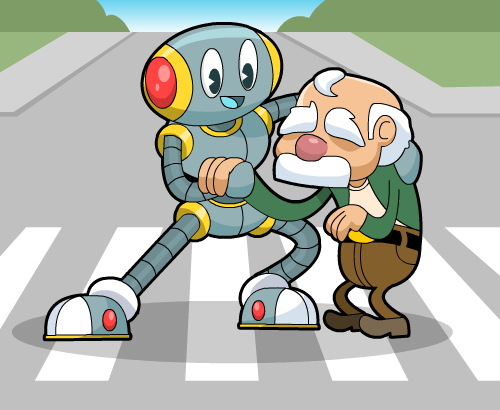The Future of Work (Speaking: 710L; CEFR A2)
Click on "record" to start practice. Read as clearly as you can.
Listen to a speaker read the passage aloud. You do not need to read aloud.
Listen to the speaker. Repeat after each sentence and check your pronunciation.
Good Job! Thanks for reading.
Error
An error occured while posting your file to the server. Your submission has NOT been received. Please refresh the page and try again.
What kind of work will I do in the future? This is a question that I ask myself a lot. Will I sit all day at a desk in an office? Will I have many meetings, read lots of emails and messages, and have a full calendar? Will I be the boss? Will I have my own company with over one hundred staff members? Will I earn a lot of money and become rich? Or somewhat differently, will I use my hands, wear a uniform, and work in a factory? Or will I work with my hands outdoors on a farm? At this time in my life, I’m unsure of the answers to these questions.
No one knows what will happen in the future. What kind of jobs will there be? Some people say that machines and robots will do most of our jobs, and humans won’t have any work. I know this idea is not new. For many years, people have thought machines and robots would be part of our lives. There are many movies about this subject. Robots already say hello to people at railway stations.
In Japan, we have thousands of old people and fewer babies are being born. This means that there are not many young people to look after Japan’s older people. So the latest idea is that robots will look after the older population. Some people don’t like this idea because they think that robots might not be friendly. Also, it might feel strange to have a robot in your home. But some people who live alone think it will be good to have company. The technology for robots is getting better every year, so they are starting to look less like machines and more like humans. My grandmother lives alone, and sometimes she can’t walk well or go to the shops. My parents worry about her a lot because we live far away from her, so a robot might help.
Processing
